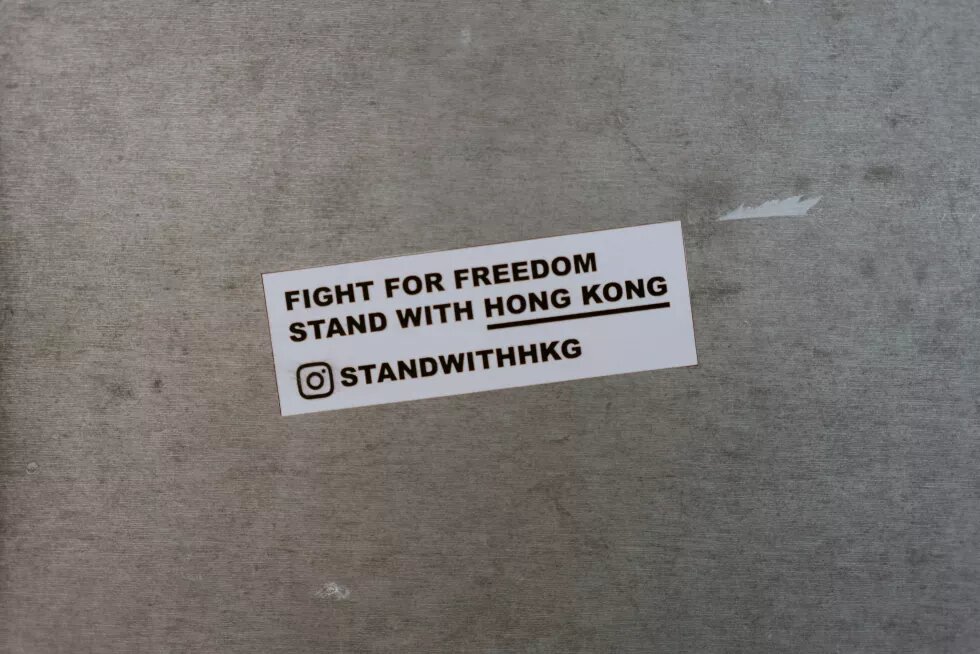Reflecting on the 2019 democracy protests in Hong Kong, this statement draws on the concept of ‘control societies’—coined by the French philosopher Gilles Deleuze—in order to emphasize that power in technologically advanced control societies works through the control and modulation of the flows of information and communication rather than their confinement.

In 1990, the French philosopher Gilles Deleuze proposed the notion of ‘control societies’ as an actualization of Michel Foucault’s concept of the ‘disciplinary societies’. For Deleuze, the hegemonic form of power acts not so much anymore through repressive confining but through “continuous control and instant communication”. That is not to say that there is no disciplinary power anymore, but rather that the aspect of controlling movement and action has become a new hegemonic layer of power.
Deleuze’s analysis seems to be true all the more in the age of the internet. Instead of simply blocking or censoring, power seems to be more often about the control of movement and attention, about keeping things moving and circulating. Hence, power, here, is not so much about putting a ban on free speech, but rather about establishing a logic in which only specific things are possible to say and to do.
Take, for example, the current wave of protests against an extradition bill in Hong Kong. In stark contrast to mainland China, in Hong Kong there has always been a strong remembrance of the events of Tian’anmen square in 1989. As a response to the ongoing protests, the Chinese government—rather than repeating their tactics of repressing any news about the protests—not only attempts to control the flows of information but also actively disseminates so-called alternative news.
Spreading manipulated photos and made up stories in order to influence the public opinion on the movement is power’s reaction to protests in the age of control societies. Instead of confining and pretending that nothing ever happened, an aggressive and extensive spread of information is employed in order to control the public image, demonstrating what Deleuze meant when he stressed that in control societies “marketing” becomes “the instrument of social control”.
This article was first published (12th November 2019) online via hiig.de and is part of the publication "Critical Voices, Visions and Vectors for Internet Governance".

